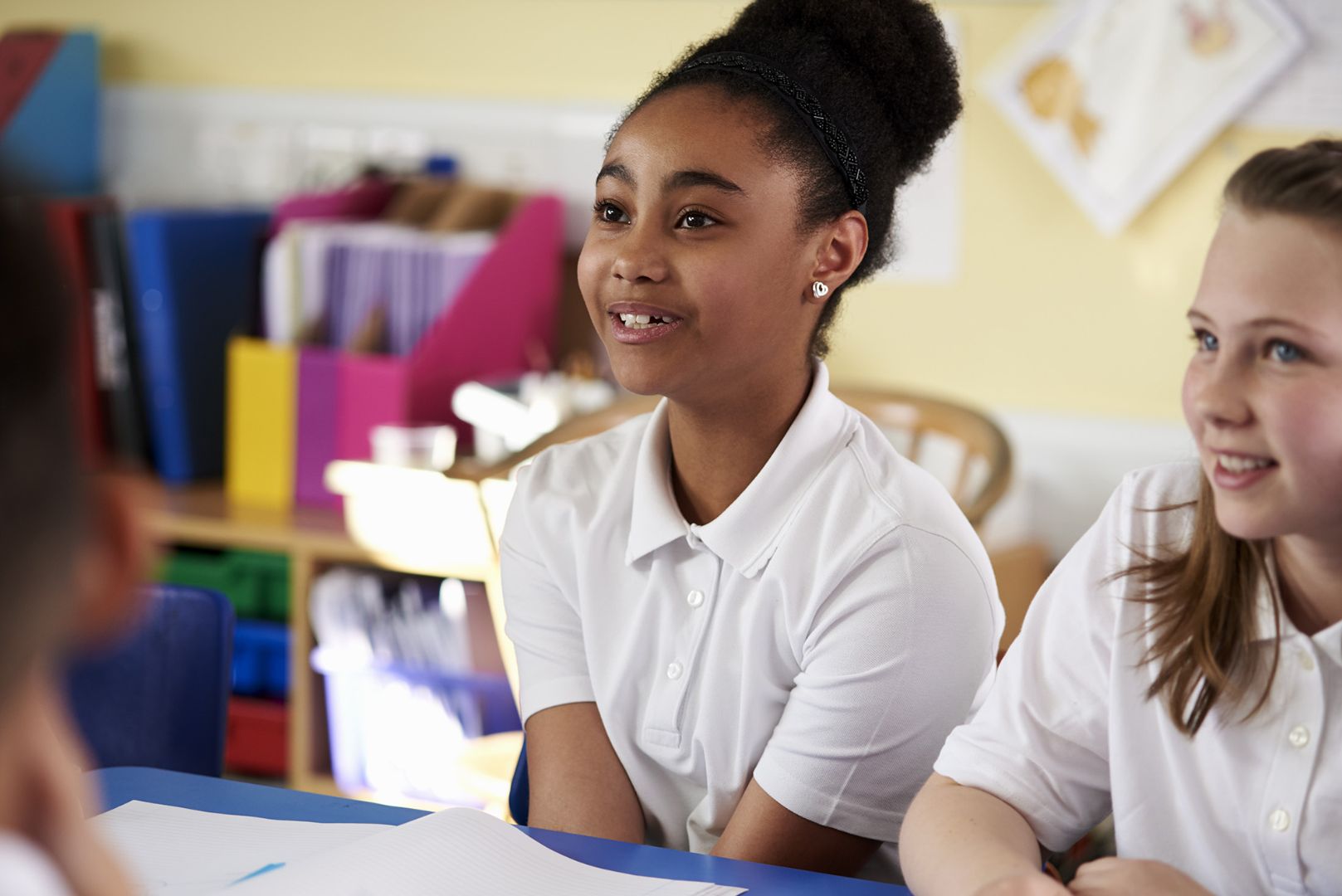Throughout your child’s life, they will go through many transitions which may be both exciting and scary for your child and for you as a parent or carer.
Supporting your child through these changes and transitions is an important part of their development and wellbeing. This section provides guidance, resources, and practical tips to help you prepare your child for changes and to help you navigate these change processes from starting school to growing independence.
Some children can find it particularly difficult to cope with small, daily transitions such as moving from one task to another or from one place to another.
The child may:
- have difficulty focusing during a new task
- resist ending a task or negotiates with adults
- have meltdowns due to a task ending
- have difficulty finishing a task and starting a new task
- show signs of frustration or behaviours that appear during transitions.
How you can help
- Use a timetable of activities for the day to support the child to be aware of what is coming up. This could be visual or written timetable, depending on the needs of the child.
- Use warnings before a transition occurs, for example, "5 minutes until we pack away" or "2 more turns and then the game is finished".
- Ensure you have the attention of the child before giving warnings or instructions.
- Use a timer, such as a sand timer or digital timer, to support the child to know how long a task will last.
- Having a fidget toy for movement between areas can be helpful.
- Engaging in calming strategies prior to transitions, such as pushing and pulling activities.
- Using a transition song can support with transitions such as a pack away song.
- Praise and reward positive transitions.
The Kids website has developed the Moving On questionnaires for starting nursery and starting primary school to helps parents prepare their child for primary school by offering activity ideas to support development in key areas such as motor skills, daily living, communication, and social interaction, with a focus on practicing skills the child has not yet mastered.
In these BBC Bitesize videos, other students share their experiences of starting a new school alongside some tips on how to adjust.
There are lots of helpful ideas, tips and strategies for secondary school on the Kids website.
Completing a worksheet for finding your way around school with your child may help ease their concerns about getting lost in a larger, unfamiliar building.
Young Minds have resources to support transition for parents and young people including a list of top ten tips and a parent webinar.
People First and Westminster City Council have produced Moving On: A Guide to Becoming an Adult for Young People with Disabilities in an easy read version and the People First website has more information on the transition process from children's care services to adult's care services
Mencap has advice on the transition process for people with learning disabilities and has a free Learning Disability Helpline service offering advice and support.
The National Development Team for Inclusion has lots of person centred planning tools to ensure that your child’s views are at the centre of the Preparing for Adulthood process.
The Council for Disabled Children has a Transition Information Network that shares information and good practice for disabled young people, families & professionals and they publish the My Future Choices Magazine which shares articles about projects that support disabled young people and stories of transition written by disabled young people
The Inspire Hub have developed a guide to making a social story that uses pictures to help your child as they prepare to start school.
Cerebra have published a factsheet to guide parents of children with learning disabilities through the transition to adulthood, explaining its importance and offering practical information, support, and resources, including details on EHC Plans, parental responsibility and the Mental Capacity Act, and public body responsibilities.
